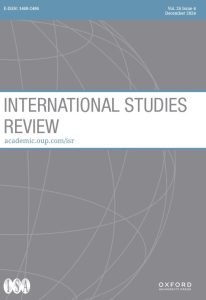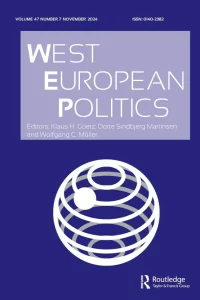National or supranational consultations on general policy questions are unusual phenomena. Nevertheless, they seem to play an important role in the political life of the community either because they might be considered as rudimentary forms of deliberative practices or because they are important strategic tools in the hands of political actors. Given this salience of consultations from both normativedeliberative and descriptive-strategic perspectives, it is surprising that academic analyses of national consultations are scarce. This paper tries to fill this gap in the literature by focusing on one of the most well known examples of nationwide consultations, the series of national consultations in Hungary. It aims to present why national consultations gradually lost their deliberative character and how they have been transformed into a strategic instrument for mobilising supporters.





